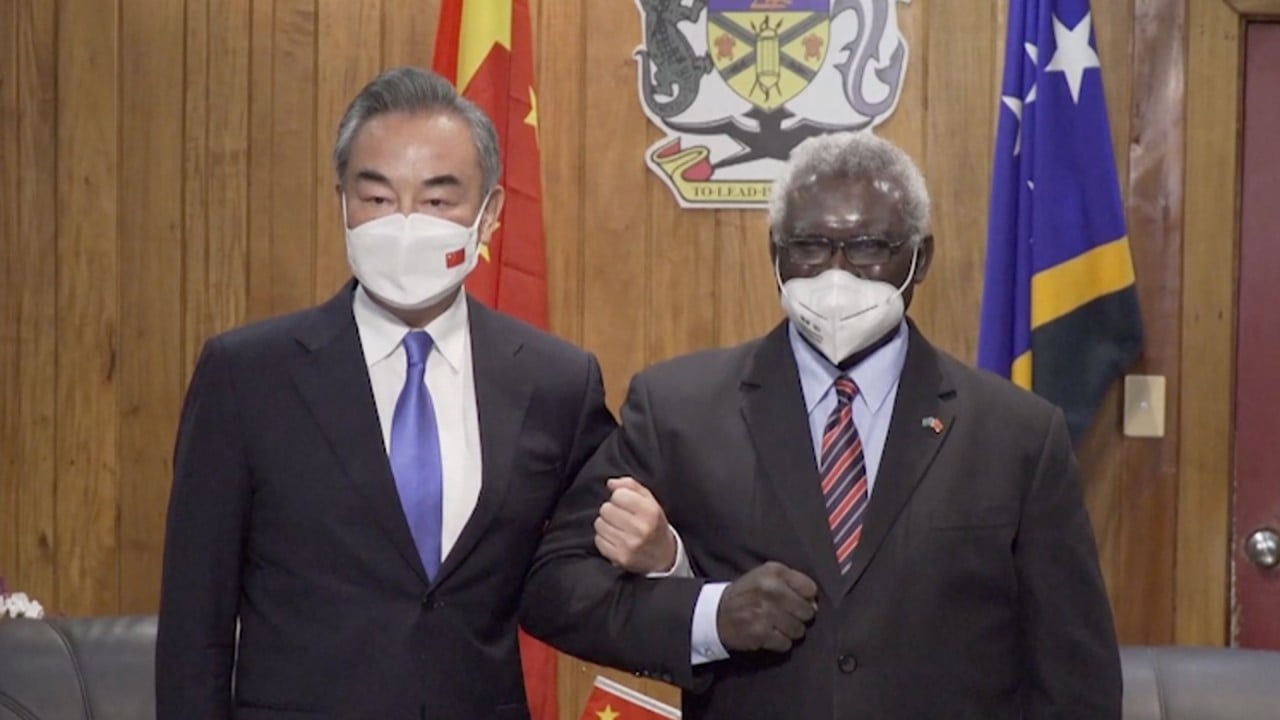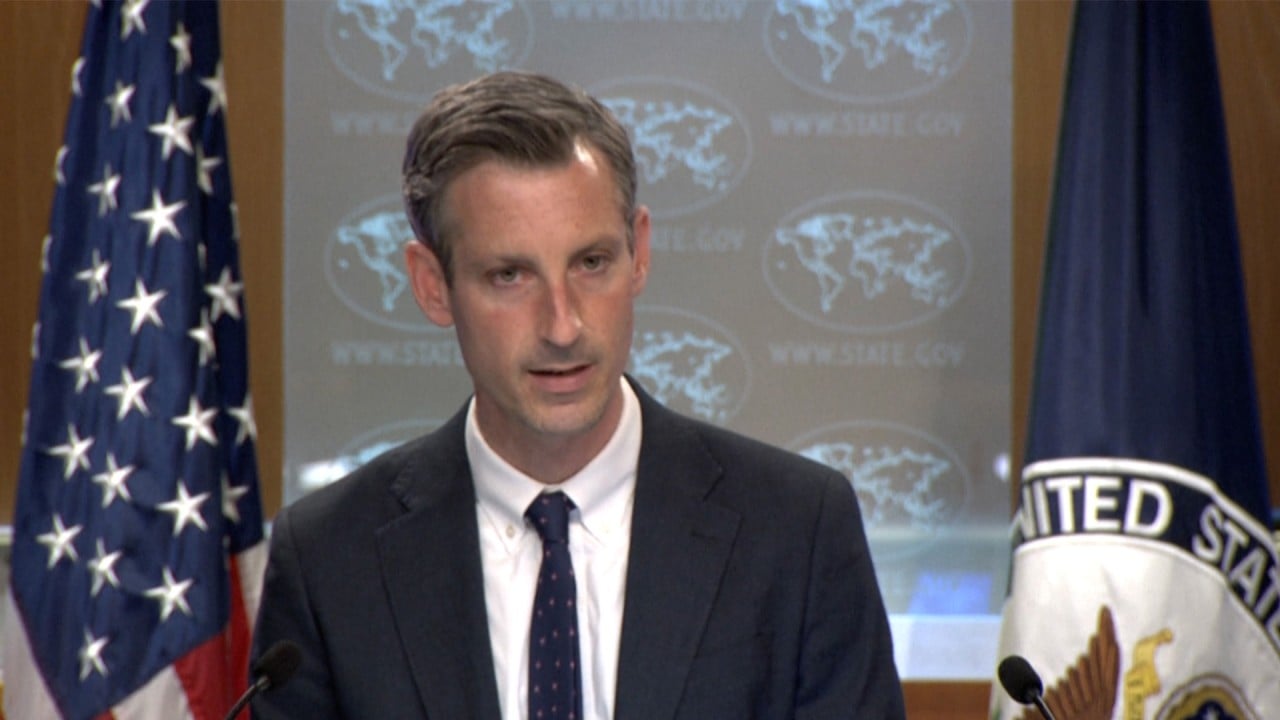
Furore over Pacific nations’ China deals puts focus on security instead of climate change
- The reaction to Pacific nations seeking deals with China has been one of fear as Australia and New Zealand act out of national security concerns
- But with their paternalistic overtones, Australia and New Zealand run the risk of denying the agency of Pacific countries and ignoring their key concerns
So far, the substance of the pact has taken a back seat to conjecture. The leaked documents are vaguely written, full of buzzwords and mainly mention police training and maritime mapping.
The response so far, especially in Australia, has been somewhat melodramatic. Fear and urgency, particularly among the Australian commentariat, seem to be the default emotions.
In New Zealand, the response has been more measured. New Zealand’s relationship with China has blossomed in the past decade, becoming what both sides have termed a “mature” relationship. However, the discourse in New Zealand – which has typically focused more on the positives of trade – is shifting towards viewing China in a more adversarial light, particularly in the Pacific.
Winston Peters, New Zealand’s former minister of foreign affairs, has said “you can’t let a vacuum develop because a vacuum will be soon filled and is being filled now [by China]” and that New Zealand needed to remember that “our home is the Pacific”.
The fact is that China is a rising superpower. Like other rising superpowers in the past, the larger it gets the more influential it will want to become, especially in peripheral regions. Revisionism is a natural by-product of such a fundamental power shift.
As Joanne Wallis and Maima Koro argue, amplifying the “China threat” narrative in the Pacific might actually help China. In projecting paternalistic visions of their role in the Pacific, traditional partners such as Australia and New Zealand not only run the risk of denying the sovereignty and agency of these countries but also are in peril of losing influence themselves.
Fijian Prime Minister Frank Bainimarama reiterated that “Fiji is not anyone’s backyard – we are part of a Pacific family” when meeting new Australian Foreign Minister Penny Wong. Language like “backyard” is tantamount to a kind of neocolonialism in the Pacific. It also supports China’s allegations of Western states maintaining a “colonial mentality”.
Furthermore, embracing a one-size-fits-all approach to the region belies the political diversity of the Pacific. In the last 10 days, we have seen this political diversity on display.
For instance, the Solomon Islands saw several new offers suddenly on the table from traditional donors as soon as the draft security pact was leaked. Playing donors off against one another is a tool long used by smaller states to try to improve their situation.
If the war in Ukraine has demonstrated anything, it is an ever-increasing divide between the West and the rest of the world in terms of the vision for international relations. Countries from the Global South do not pine for deliverance by the West, and the same is true in the Pacific with regard to the roles of Australia and New Zealand.
Ultimately, if traditional partners such as Australia and New Zealand wish to retain influence, they should listen to Pacific states rather than assuming or even demanding that their interests take precedence. As Tuvaluan Foreign Minister Simon Kofe said recently, geopolitical competition is taking the attention of Pacific states and their partners away from the single greatest Pacific security concern – climate change.
Nicholas Ross Smith is an adjunct fellow at the University of Canterbury, New Zealand
Henrietta McNeill is a PhD candidate in the Coral Bell School of Asia Pacific Affairs at the Australian National University




